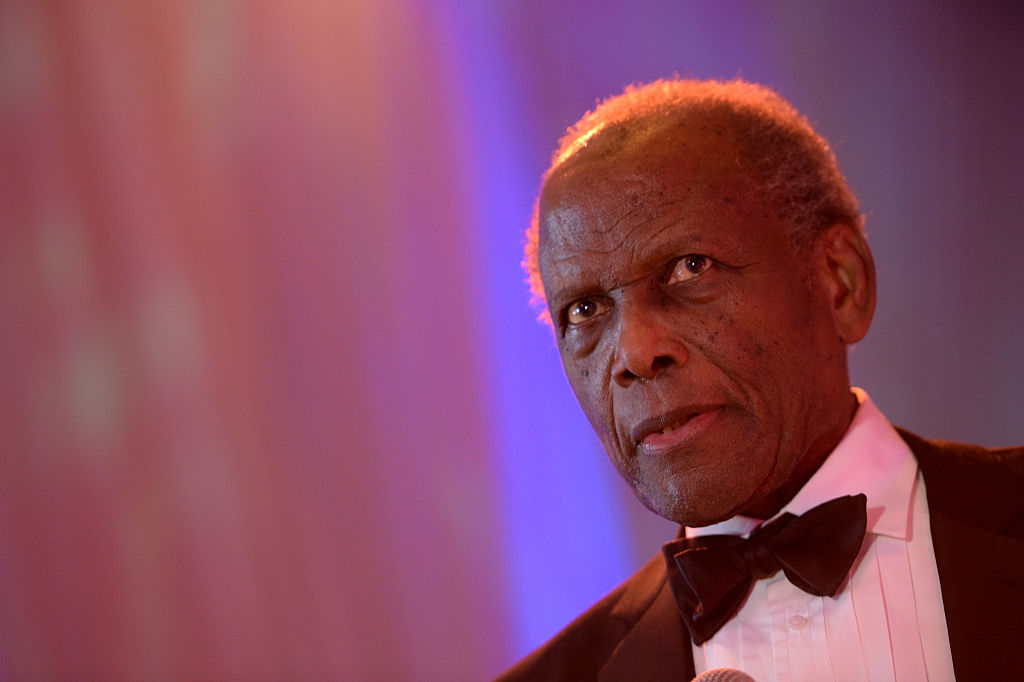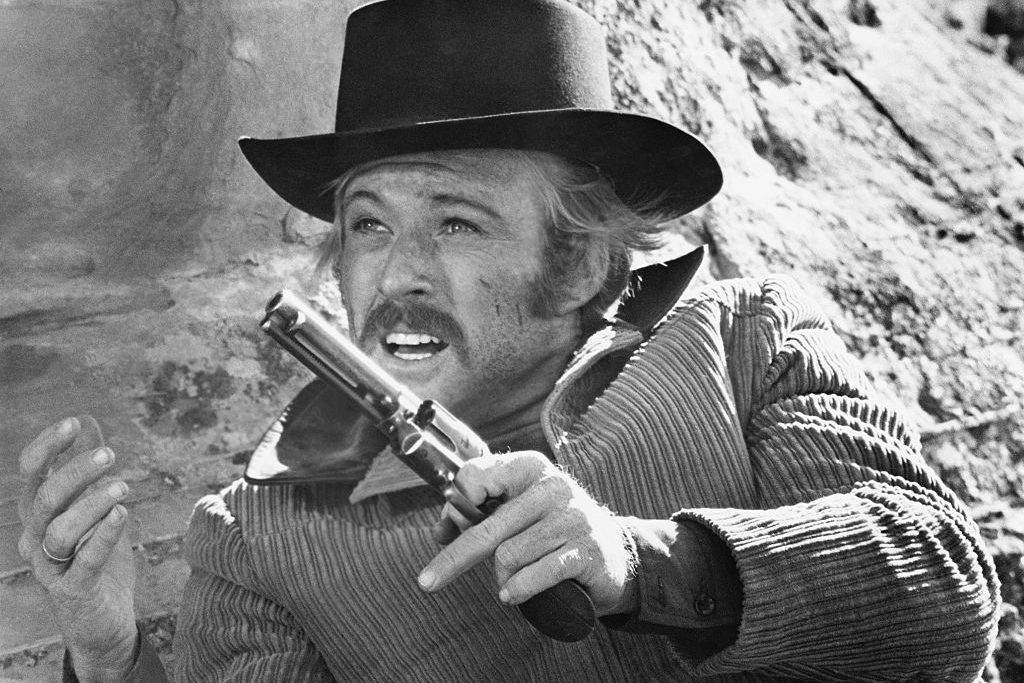The actor Sidney Poitier, who has died at the age of ninety-four — a month shy of his ninety-fifth birthday — has justifiably been celebrated as one of the last remaining actors from “Old Hollywood.” Poitier continued to act until 1997, with his final role being a somewhat anti-climatic appearance as an FBI director in the indifferent remake of The Day of the Jackal. But his heyday came in the Fifties and Sixties, when he established himself as the first bona fide African-American box office draw and a performer of rare force and charisma.
His two greatest career achievements came in 1964, when he became the first African-American actor to win an Oscar for Best Actor (the second, Denzel Washington, would not win his for nearly another forty years), and in 1967, when he appeared in three successful and acclaimed films, To Sir With Love, In The Heat Of The Night and Guess Who’s Coming To Dinner. They were, respectively, a school-set drama, a tense police thriller and a comedy-drama about interracial marriage. All three were enormous box office successes, proving, at a time of enormous racial conflict in America, that Poitier could at least unite audiences for an evening at a time.
He found himself in a rare and difficult position. Many in the African-American community would have liked Poitier to use his status as the first — indeed, for some time, the only — leading black actor in an angrily politicized fashion. However, he refused to do so. Poitier explicitly stated that he was a supporter of Martin Luther King’s creed of non-violence, and an opponent of Malcolm X’s less decorous beliefs. He said, “For some years now I’ve worked raising funds for Dr. King because I believe, still, very strongly in his non-violent philosophy. …I am, by definition, in opposition to violence, particularly violence for violence’s sake.”
And he refused to kowtow to those who would pigeonhole him. In 1968, he became publicly irritated at a press conference, when virtually every question seemed to revolve around his race. Echoing a speech of his character from Guess Who’s Coming To Dinner, who declares to his father “You see yourself as a colored man. I see myself as a man,” he stated, “You ask me questions that fall continually within the ‘negro-ness’ of my life. …I am artist, man, American, contemporary. I am an awful lot of things, so I wish you would pay me the respect due and not simply ask me about those things.”
Poitier was no Uncle Tom. He was outspoken in his loathing of institutional racism and segregation, and campaigned both publicly and privately against discrimination. But he also knew that the roles he took were scrutinized both for their quality and for his status as a black actor. As he said in 1967, “If the fabric of the society were different, I would scream to high heaven to play villains and to deal with different images of Negro life that would be more dimensional. …But I’ll be damned if I do that at this stage of the game. Not when there is only one Negro actor working in films with any degree of consistency.”
He turned down the opportunity to play Othello for fear of perpetuating negative stereotypes. And although he was unafraid to play criminals and more ambiguous characters — as in his 1971 picture Brother John, in which his protagonist seems to have supernatural elements — he never played a truly villainous or nefarious man.
Yet this reflected his character. Although he was no saint, having had a long relationship with the actress Diahann Carroll while both were married to others, he was a decent and upright figure who saw acting as both a craft in which to excel and a social function in which he might do some good. And if any young man or woman — black or white — saw Poitier on screen and took inspiration from him, both as an actor and wider ambassador for an old-fashioned idea of decency, then he had done his job in admirable fashion.
And judging by the fervent, widespread and, crucially, sincere tributes paid to him, most would feel that this had indeed been the case.

























